Through its corporate foundation, France-headquartered global reinsurance company SCOR is backing a climate prediction market initiative named CRUCIAL (The Climate Risk and Uncertainty Collective Intelligence Laboratory) that looks to produce collective expert forecasts of climate-related risks.
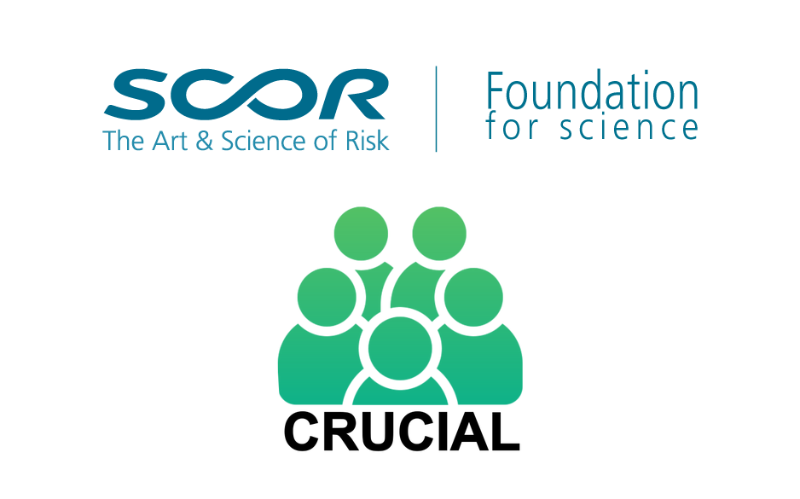 The initiative is being led by Lancaster University Management School and, through the use of prediction markets, it aims to combine diverse forecasts of future climate into unified predictions, which it sees as potentially offering a radical new mechanism for funding climate research.
The initiative is being led by Lancaster University Management School and, through the use of prediction markets, it aims to combine diverse forecasts of future climate into unified predictions, which it sees as potentially offering a radical new mechanism for funding climate research.
CRUCIAL is a collaboration between the researchers at Lancaster University Management School (LUMS) and the University of Exeter’s Land, Environment, Economics and Policy Institute (LEEP).
It sees expert participants from academia and the private sector using the AGORA prediction market platform, which has been developed by Winton Capital Management, to produce collective forecasts of climate-related risks.
Using the CRUCIAL platform, the goal is to turn bets on possible future climate outcomes into probabilities that represent the collective wisdom of the participating experts.
These probabilities can change as new information becomes available to those taking part and the methodology allows forecasters to demonstrate how confident they are in their own predictions, while users of the forecasts don’t have to pick a single forecaster to rely on.
The initiative explains, “Participants in CRUCIAL’s markets do not have to pay to take part but are compensated based on the contributions they make to the accuracy of the collective forecasts. While participants might base their predictions on different types of models — including AI as well as more traditional climate models — a prediction market can aggregate all these views into a single collective forecast.
“Such markets could provide a new performance-based way to fund climate forecasting research and provide forecasts of global temperatures, greenhouse gas concentrations, sea-level rise, hurricane activity and other climate-related risks.”
The SCOR Corporate Foundation for Science was created by the French reinsurance company to support research in risk analysis of interest to the reinsurance industry and it will provide funding to CRUCIAL to support its infrastructure and personnel, as well as funds to incentivise participants in the prediction markets.
Dr. Kim Kaivanto, who leads the initiative at Lancaster University Management School, commented, “Our ambition is to create a new type of scientific institution that combines the concept of incentive prizes — like the X-Prize — with the proven ability of markets to elicit and aggregate information.”
Dr. Mark Roulston, who led the development of AGORA at Winton, added, “When the primary deliverable of research is a forecast, prediction markets offer a more effective way to combine and summarize the research and a more efficient way to distribute funding.”
Philippe Trainar, director of the SCOR Foundation for Science, also commented that, “The consequences of climate change are currently and will remain in the future the subject of lively controversy between experts and that beyond the scientific analyses which are progressing rapidly, the prediction markets have demonstrated their unrivaled capacity to anticipate future trends in such controversial areas, where it is necessary to quickly combine scientific results, statistical observations and learning from experience.”
Prediction markets have come into sharp focus after the recent US election, when they provided a venue for betting on the outcome and number of votes that would be cast for each side.
They have dabbled in providing betting markets for natural catastrophe risks in the past, as well as on weather risk, seeing an opportunity to become a venue for hedging, as there is typically a chance to take either side of a specific prediction market that is running.
In the case of CRUCIAL, this science led approach to developing some market-based direction, or consensus, around predicted climate futures and forecasts could have interesting application in the reinsurance industry, as well as for insurance-linked securities (ILS) market participants and those looking to take a position on climate outcomes.
We’ve seen prediction market-type approaches to hurricane hedging instruments in the past, although to-date none have been able to gain any meaningful traction.
While CRUCIAL is focused on the science aspect of climate forecasting for now, it will be interesting to see if there are applications of its findings in risk transfer markets further in the future. Or whether other initiatives emerge over time, that seek to leverage prediction market technology to facilitate nat cat and weather risk hedging.



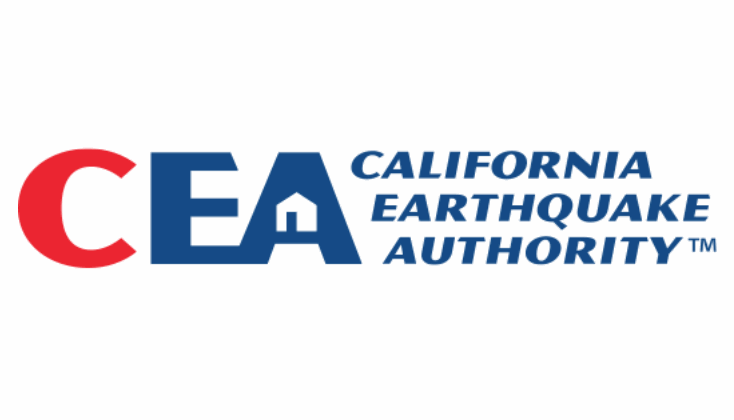





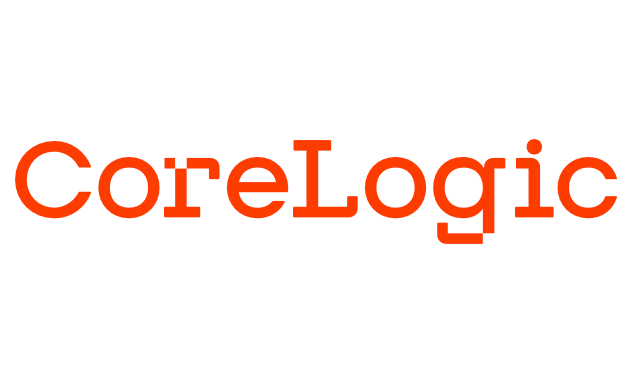
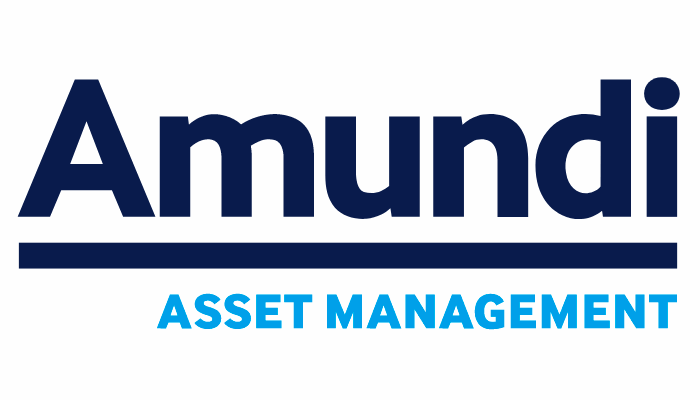
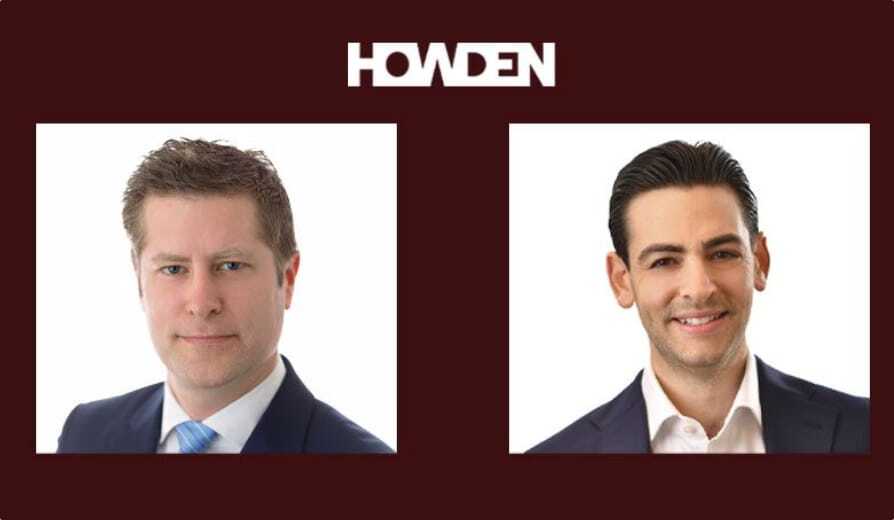
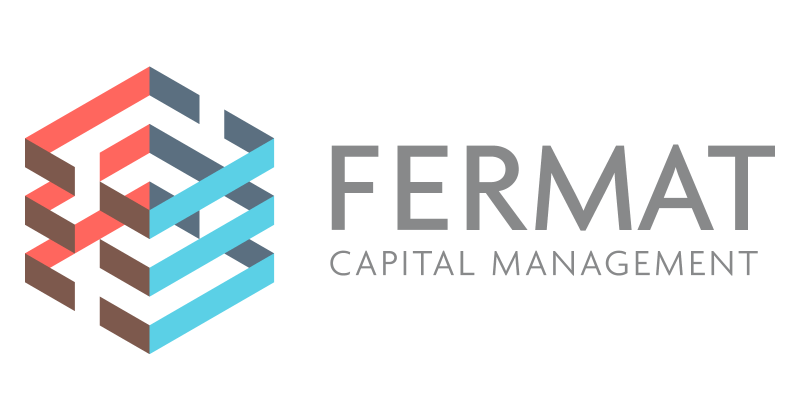








 English (US) ·
English (US) ·